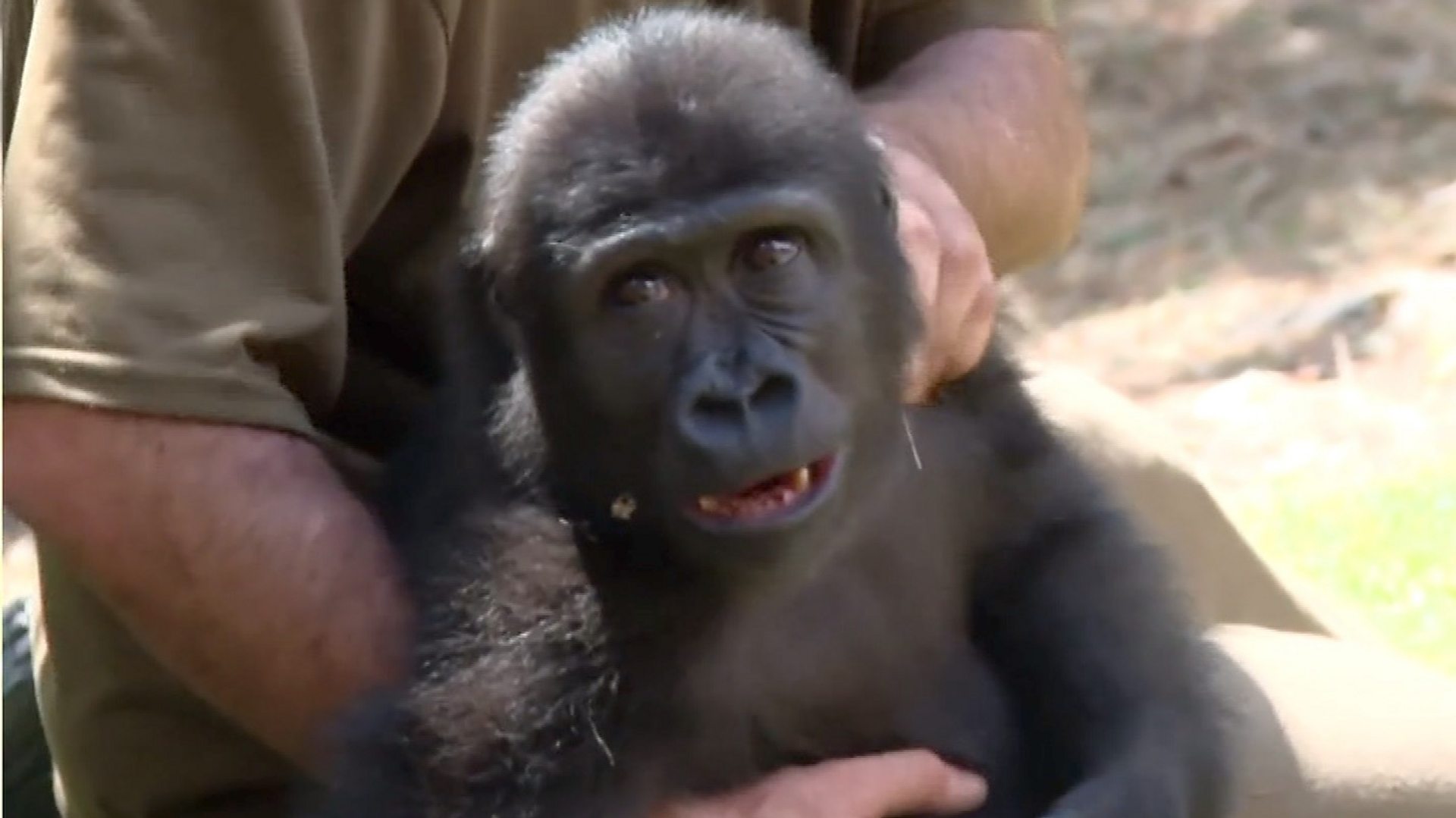In a groundbreaking operation, Nigeria's customs agency announced the seizure of more than 1,600 birds headed for Kuwait, marking the "largest" wildlife trafficking bust in Nigeria to date. Among the intercepted birds were ring-necked parrots and green- and yellow-fronted canaries, all captured by the Nigeria Customs Service (NCS) during routine security checks at Lagos International Airport on July 31. However, news of this remarkable seizure was only revealed publicly recently to avoid compromising the ongoing investigation, which aims to identify and hold accountable those behind this illegal activity.
The NCS noted that the shipment lacked the necessary documentation and permits, highlighting a persistent issue in Nigeria where wildlife trafficking occurs frequently due to insecure borders and insufficient law enforcement. As a critical transit point for illegal wildlife trade, Nigeria is particularly targeted for trafficking ivory, pangolin scales, and various animal species.
The birds will be returned to the National Parks Service for rehabilitation and eventual release into the wild. While most trafficked wildlife from Nigeria is destined for Asian markets, the global illegal wildlife trade is a billion-dollar industry, generating between $7 to $23 billion annually, according to BirdLife International. Moreover, songbirds such as canaries are particularly sought after because of their popularity in singing competitions, and rare parrot species can fetch prices exceeding $1,000 in illicit markets.
The NCS noted that the shipment lacked the necessary documentation and permits, highlighting a persistent issue in Nigeria where wildlife trafficking occurs frequently due to insecure borders and insufficient law enforcement. As a critical transit point for illegal wildlife trade, Nigeria is particularly targeted for trafficking ivory, pangolin scales, and various animal species.
The birds will be returned to the National Parks Service for rehabilitation and eventual release into the wild. While most trafficked wildlife from Nigeria is destined for Asian markets, the global illegal wildlife trade is a billion-dollar industry, generating between $7 to $23 billion annually, according to BirdLife International. Moreover, songbirds such as canaries are particularly sought after because of their popularity in singing competitions, and rare parrot species can fetch prices exceeding $1,000 in illicit markets.






















